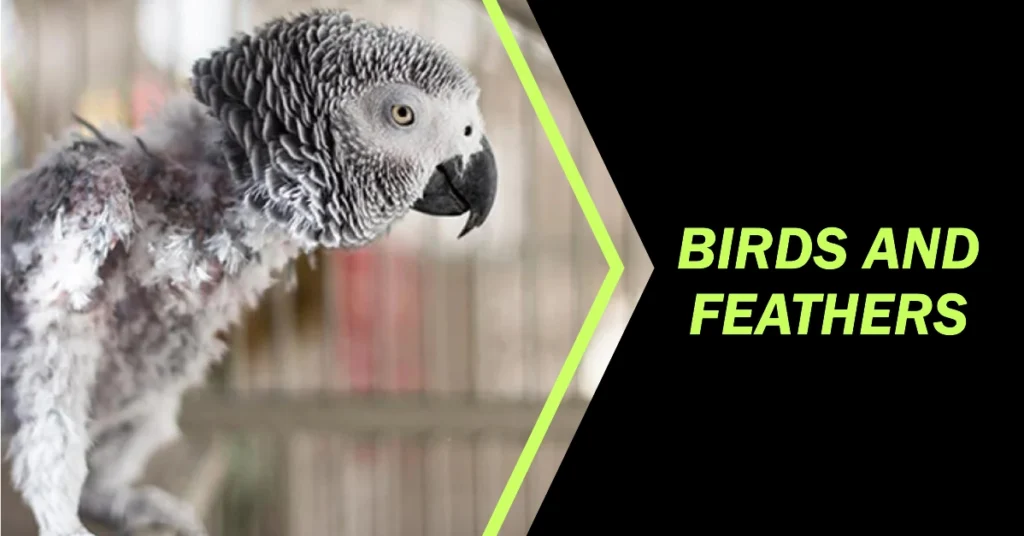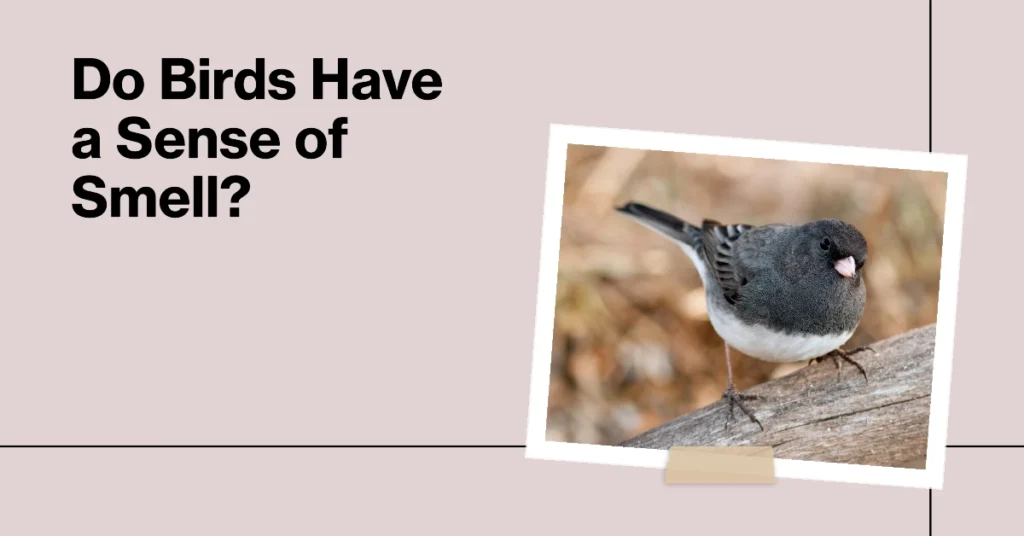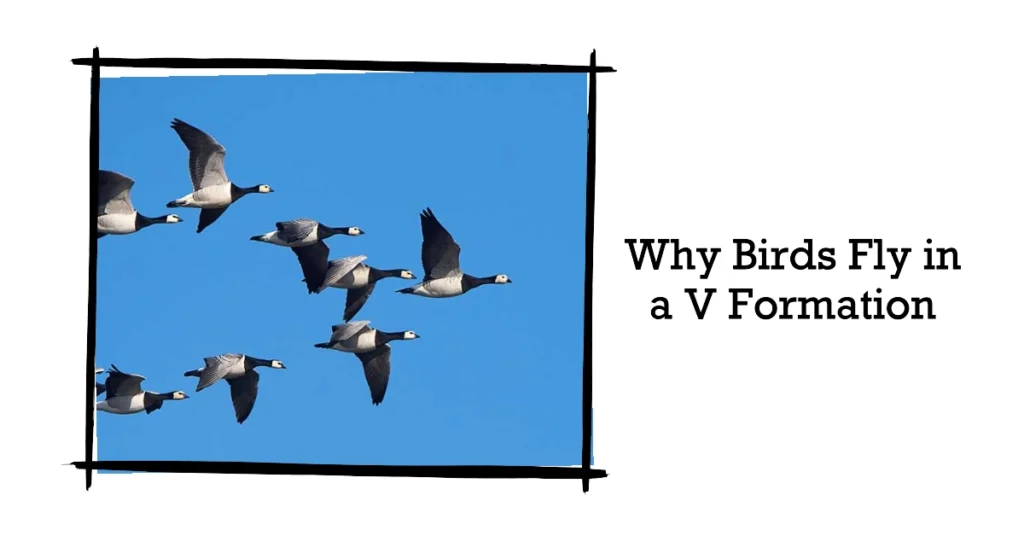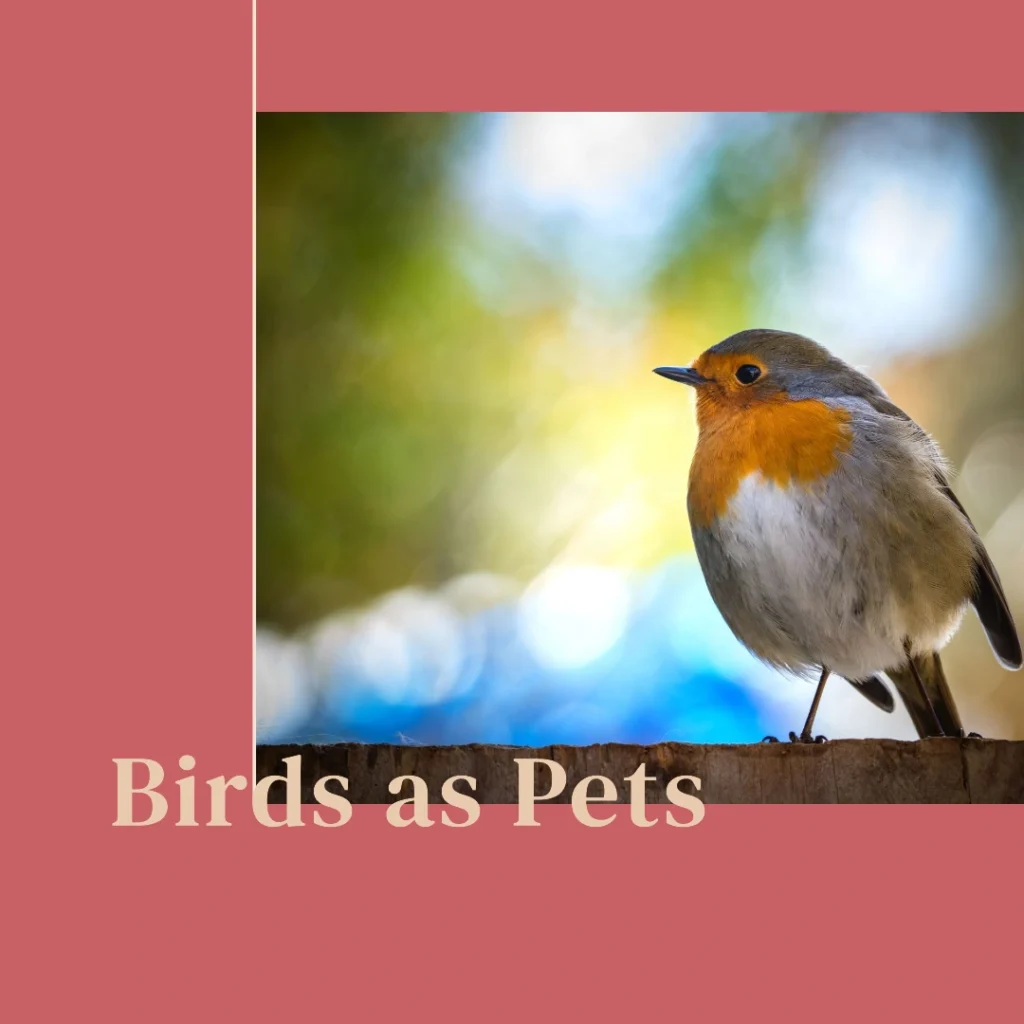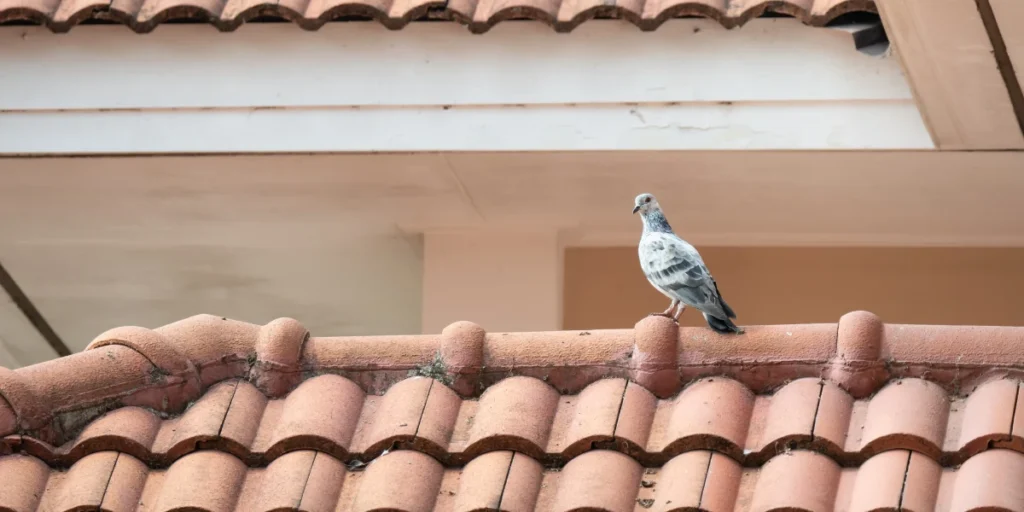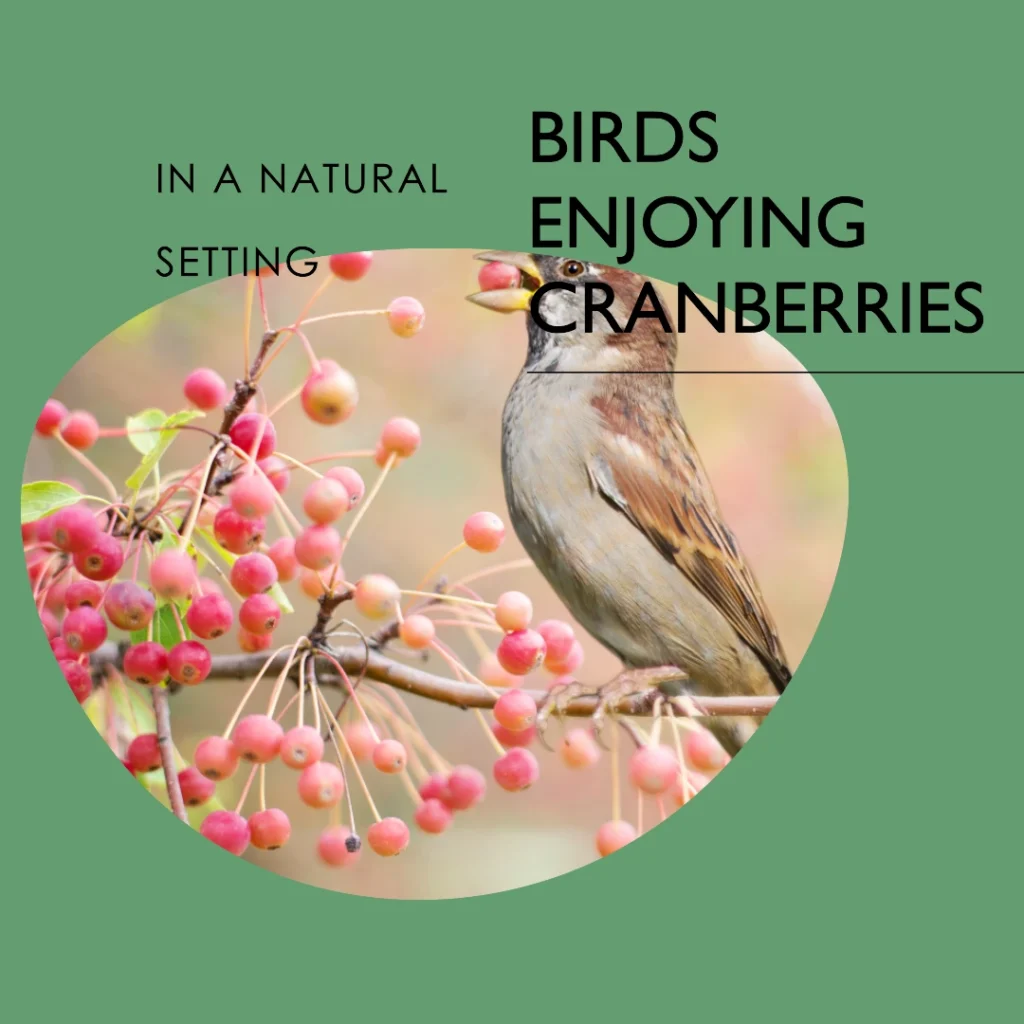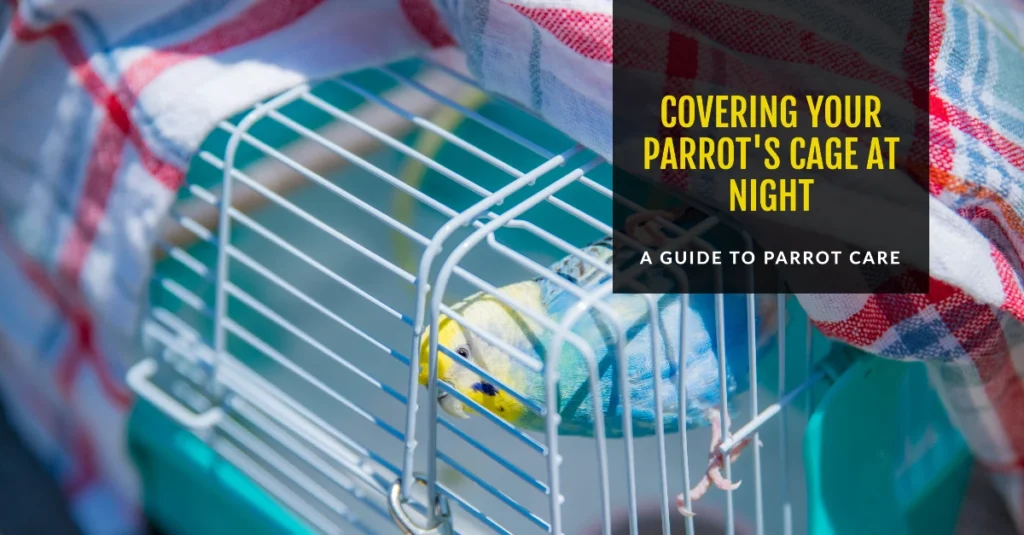
As a responsible parrot owner, you want to provide the best care for your feathered friend. One question that often arises is whether you should cover your parrot’s cage at night. In this article, we’ll explore the benefits of covering your bird’s cage and provide tips for creating a comfortable sleeping environment.
Why Cover Your Parrot’s Cage at Night?
Covering your parrot’s cage at night can offer several advantages:
- Promotes Better Sleep: Parrots require around 12 hours of uninterrupted sleep each night. Covering the cage helps create a dark, quiet environment that encourages restful sleep.
- Reduces Night Frights: Some birds, especially cockatiels and conures, are prone to night frights. Sudden noises or movements can startle them, causing them to thrash around in their cage. A cover can help minimize these disturbances.
- Regulates Hormones: Exposure to artificial light at night can disrupt a parrot’s natural hormonal balance. Covering the cage ensures a consistent light-dark cycle, which is essential for maintaining your bird’s overall health.
Tips for Covering Your Parrot’s Cage

When covering your parrot’s cage, keep these tips in mind:
- Choose a breathable material that allows for proper ventilation, such as a lightweight sheet or cage cover designed specifically for birds.
- Ensure the cover doesn’t touch the cage bars, as your parrot may chew on it.
- Leave a small gap at the bottom of the cage for air circulation.
- Establish a consistent routine, covering the cage at the same time each night.
| Time | Action |
| 8:00 PM | Begin dimming lights in the room |
| 8:30 PM | Cover the cage, ensuring proper ventilation |
| 8:00 AM | Uncover the cage and turn on lights |
When Not to Cover the Cage at Night
In some cases, covering the cage may not be necessary or recommended:
- If your parrot is housed in a quiet, dark room away from disturbances.
- If your bird shows signs of stress or anxiety when covered.
- During extremely hot weather, as a cover may trap heat inside the cage.
Creating a Comfortable Sleep Environment
In addition to covering the cage, provide your parrot with a comfortable sleeping setup:
- Offer a variety of perches at different heights, with at least one placed high for sleeping.
- Ensure the cage is away from drafts, direct sunlight, and air vents.
- Maintain a consistent temperature between 65-80°F (18-27°C).
How can you tell if your bird is getting enough sleep?

Determining if your bird is getting enough sleep involves observing its behavior and physical condition. Here are several indicators that can help you assess whether your bird is well-rested:
- Behavioral Changes: A well-rested bird is typically active, alert, and engaged with its surroundings. If your bird appears lethargic, irritable, or less interactive than usual, it may be a sign of sleep deprivation.
- Physical Appearance: Birds that are getting sufficient sleep often have smooth, well-preened feathers. Disheveled feathers or a general unkempt appearance can indicate poor sleep.
- Vocalization: Birds that are sleep-deprived may be less vocal or show changes in their usual vocal patterns. A lack of sleep can affect a bird’s vocal abilities, which are important for communication and, in some species, mating.
- Eye Condition: Just like humans, birds that aren’t getting enough sleep may show it in their eyes. Look for signs of redness or discharge, which could indicate stress or fatigue.
- Appetite: Changes in eating habits can also be a sign of sleep issues. A bird that is not sleeping well might eat more or less than usual.
- Stress Behaviors: Sleep-deprived birds may exhibit stress behaviors such as feather plucking, aggression, or excessive fear. These behaviors often decrease when sleep improves.
- General Health: Continuous sleep deprivation can lead to a weakened immune system, making the bird more susceptible to illnesses.
Monitoring these signs will help you determine if your bird is getting the rest it needs. If you notice persistent signs of sleep deprivation, consider adjusting the bird’s sleeping environment or consulting a veterinarian for further guidance.
Conclusion
Covering your parrot’s cage at night can promote better sleep, reduce night frights, and help regulate hormones. By following the tips outlined in this article and creating a comfortable sleeping environment, you can ensure your feathered companion gets the restful sleep they need to thrive. Remember, every bird is unique, so observe your parrot’s behavior and adjust your approach as needed.
FAQs:
Q: Should I always cover my bird’s cage at night?
A: Yes, it is generally recommended to cover your parrot’s cage at night. This helps mimic the natural darkness of their habitat and can contribute to a good night’s sleep, which is crucial as birds, including parrots, ideally need about 12 hours of sleep each night.
Q: What are the benefits of using a cage cover at night for my parrot?
A: Using a cage cover at night can help your bird feel secure and calm, as it blocks out distractions and light. This can be especially beneficial in households where activities continue well into the evening. Furthermore, it helps establish a routine, signaling that it’s time for bed, and aids in ensuring your bird doesn’t get disturbed, ensuring a good night’s sleep.
Q: Can covering a bird’s cage at night be harmful in any way?
A: In some cases, if a cover is used improperly, it can cause stress or fear. For instance, if the bird isn’t accustomed to being covered or if the cover is too heavy and restricts airflow. Always ensure the cover is breathable and gradually introduce covering their cage at night to monitor how your bird reacts, ensuring he’s ready to go to sleep without stress.
Q: How does covering my bird at night affect its sense of day and night?
A: Covering your bird’s cage at night helps establish a clear day-night cycle, which is essential for your bird’s overall well-being. This distinction between day and night is vital for maintaining their natural biological rhythms, similar to parrots in the wild.
Q: Is it okay to leave my bird’s cage uncovered at night if it seems to dislike being covered?
A: While most birds benefit from being covered at night, individual preferences do vary. If your bird shows signs of distress when its cage is covered, it’s okay to leave the cage uncovered. Ensure the room is as dark and quiet as possible to support their need for 12 hours of sleep.
Q: How should I properly cover my bird’s cage at night?
A: When covering your bird’s cage, ensure you use a light, breathable cover. The cover should allow for air circulation while blocking out light. Cover the cage on all sides but leave a little space at the bottom to ensure fresh air flow. Always introduce the cover gradually to your bird to ensure they are comfortable with it.
Q: Can covering my bird’s cage help with nighttime noises or disruptions?
A: Yes, covering a bird’s cage at night can help muffle noises that may disturb your bird’s sleep. This is particularly useful in environments that aren’t completely quiet at night. Covering the cage can help ensure your bird gets the undisturbed rest it requires.
Q: What if my pet bird needs to be uncovered at night due to health issues?
A: In specific health-related circumstances, your avian vet might recommend keeping the cage uncovered to monitor your bird more easily at night or to ensure a steady airflow for respiratory issues. Always follow the guidance of your vet regarding the general care and sleep practices for your bird.
Q: Do budgies and other smaller birds also benefit from having their cage covered at night?
A: Yes, smaller birds like budgies also benefit from having their cage covered at night. Covering their cage can provide a sense of security and help maintain a proper sleep cycle, which is just as important for smaller pet birds to ensure they get a good night’s rest.
Q: Are there alternatives to covering my parrot’s cage at night?
A: If your bird does not like being covered or you’re concerned about ventilation, consider placing the bird cage in a quiet, dark room at night where external lights and noise won’t disturb its sleep. This could be an effective alternative to ensure your bird gets the necessary 12 hours of sleep without the need for a cover.

